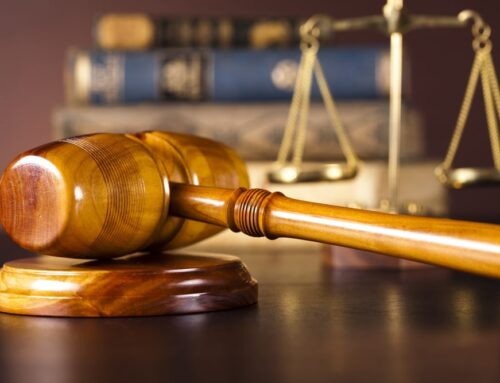Wills Lawyer
It’s estimated that nearly 50% of all people do not have a will in place, a staggering statistic that can have devastating repercussions should a person become incapacitated or pass away. Without a plan outlining a person’s wishes, the family will be left to determine for themselves what their loved one’s final wishes would have been. When developing a will, it’s crucial to have an understanding of what the document encompasses and the reason for its importance. A wills lawyer from Carpenter & Lewis PLLC can explain that while there are many reasons a person may put off the process of developing their will, the impact of not putting in place this key document can be significant.
Understanding the Last Will and Testament
A will is a legal document that outlines the testator’s wishes when they can no longer make decisions on their own. One key aspect of a will is identifying how assets will be distributed upon a person’s death. However, the document may also include plans for who will care for minor children and even medical decisions should a person become incapacitated and unable to make medical decisions on their own. Wills include information regarding property, bank accounts, retirement accounts, and more. A will is essential, but developing a more comprehensive estate plan may be necessary for some situations. An estate plan allows the testator to take steps towards minimizing the assets that pass through probate, outlining funeral plans, developing trusts, and outlining instructions for the future.
Reasons It’s Important to Have a Plan
It’s common for people to put off the process of developing a will. Often this is an innocent mistake as people will backburner it, believing they will have time to write it later. Unfortunately, choosing this option can be incredibly disastrous. Without a will, family conflict can ensue, costly litigation may occur, and the probate courts will likely step in to make critical decisions that should have been left to the person who has passed away. The following are additional reasons it’s imperative to have a will in place well before it’s time to be put into use:
- It allows the testator to have control by choosing how assets will be distributed
- Reduces the complications that can occur during probate
- It can ultimately save money as it may reduce the number of assets that must pass through probate
- Allows the option to prevent specific people from inheriting any assets
- Identifies who will take care of children who are under 18
There are endless reasons why a will is essential, even for those who may not believe they need one. Anyone over 18 should consider developing a will or estate plan to outline their plans for the future.
It can be challenging to plan for a future where you are no longer on this earth. However, developing a will or a comprehensive estate plan provides both peace of mind and confidence in knowing that there is a well-established plan that families can refer to when the time comes.







